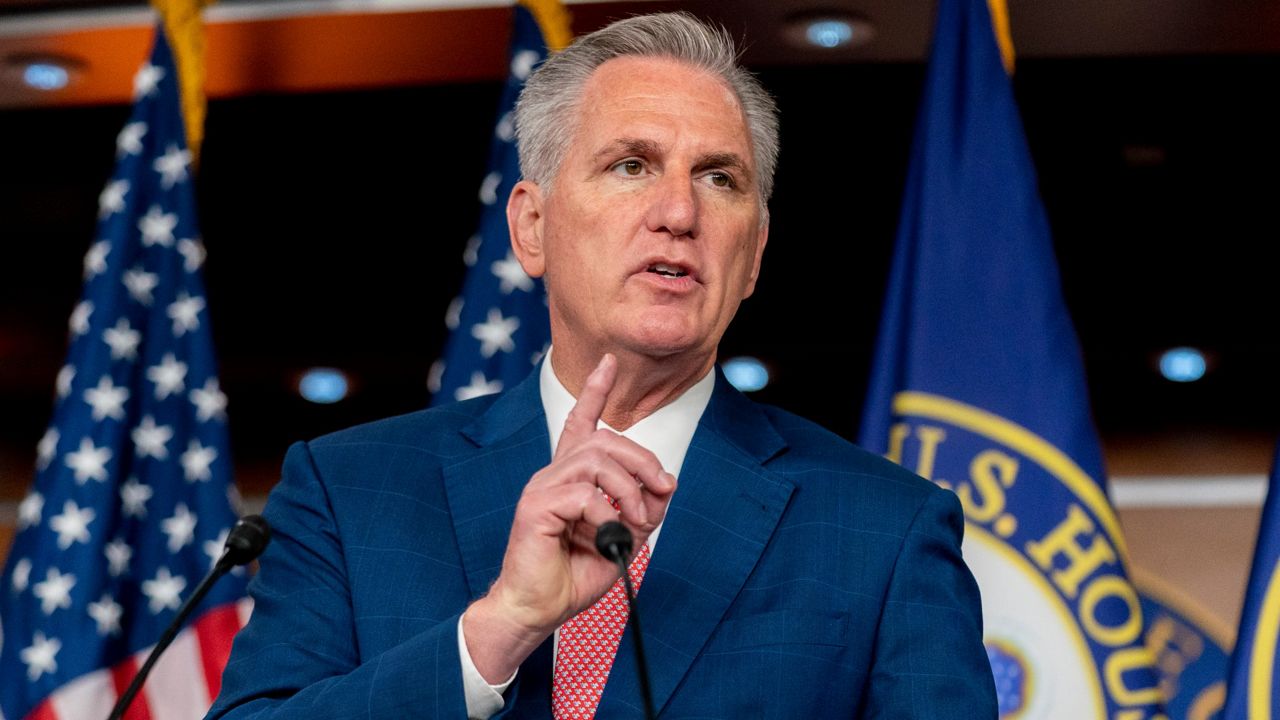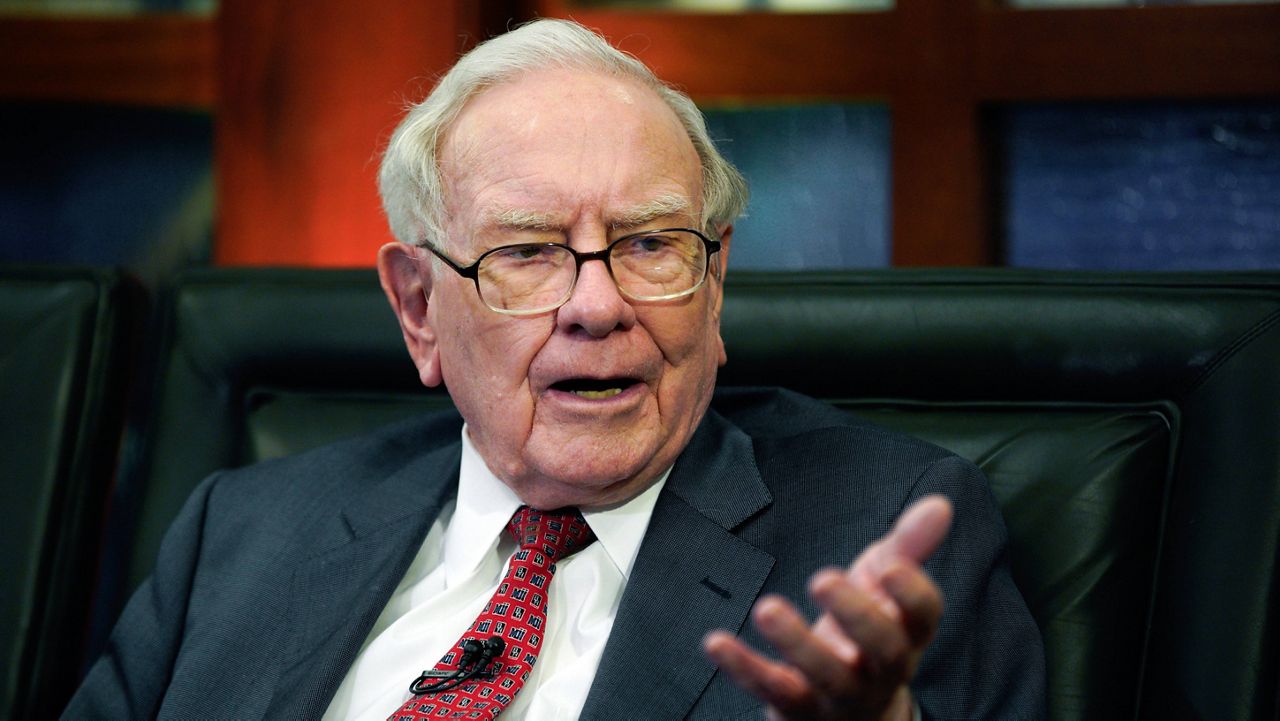In less than three weeks, the Republican-led House will choose a new speaker. And although Rep. Kevin McCarthy, R-Calif., is the odds-on favorite to assume the mantle, he is no shoo-in.
What You Need To Know
- Although Rep. Kevin McCarthy, R-Calif., is the odds-on favorite to become the next House speaker, he is no shoo-in
- McCarthy is facing stiff opposition from some members of the Freedom Caucus — the far-right wing of his party
- With Republicans having 222 seats, he likely cannot afford more than four defections from his own party
- If McCarthy is unable to win the needed votes, possible alternatives being floated include Steve Scalise, Fred Upton, Lee Zeldin and Andy Biggs, and other names could emerge
McCarthy is facing stiff opposition from some members of the Freedom Caucus — the far-right wing of his party. The California Republican needs a majority of House members — 218, if everyone votes — to win the speakership. But with Republicans having 222 seats, he likely cannot afford more than four defections.
Four GOP members — Reps. Andy Biggs of Arizona, Bob Good of Virginia, Matt Gaetz of Florida and Ralph Norman of South Carolina — have already signaled they are hard nos on McCarthy. Meanwhile, Rep. Matthew Rosendale of Montana also appears to have dug in on opposing McCarthy, with his office telling Puck that he’d only vote for him in “extreme circumstances.”
“Many in the Republican Party have noticed that the pre-Trump status quo is returning to Washington, D.C. They are right,” Biggs wrote in an op-ed for the Washington Examiner. “The question is whether the Republican speaker of the House will lead the charge against this self-serving comity and fearlessly push back against the Biden regime’s charge over the cliff.
“It falls to House Republicans, then, to hold the line, which is why many of us have concerns about McCarthy’s bid for the speakership,” Biggs added.
In addition, seven other hard-line GOP members and incoming members sent a letter listing their requests for the new incoming House leader, including making it easier to force a vote on removing the speaker, known as a “motion to vacate the chair.”
That issue is a significant one as McCarthy attempts to shore up support. Before 2018, any member could make a motion to vacate. In 2015, then-Rep. Mark Meadows, R-N.C., threatened to use the tool to remove Speaker John Boehner, R-Ohio, who resigned shortly after.
But under Speaker Nancy Pelosi, D-Calif., the House changed its rules to require a majority agreement of a caucus to make the motion. Republicans are now trying to lower that number to make it easier to remove a speaker.
“It’s part of what holds the most senior leadership in Congress accountable,” Rep. Andrew Clyde, R-Ga., told Politico.
While the math appears tricky for McCarthy at the moment, there are variables at play, and he could very well still become the next speaker. He might be able to sway some members by making concessions. And others who refuse to support him could potentially vote present instead, lowering the threshold McCarthy needs to take the gavel.
If no one wins a majority, the House will continue voting until it elects a new speaker. The only candidates who have announced they are vying for the job are McCarthy and Biggs, who lost a challenge in November to replace McCarthy as Republican House leader.
But other candidates could emerge, much like Rep. Paul Ryan, R-Wis., did after Boehner resigned.
Biggs has said other Republicans have privately expressed interest in running, The Hill reported. And Good told former Donald Trump adviser Steve Bannon on his podcast there are “quiet discussions” underway with other potential candidates.
While more could emerge, here is a look at four possible alternatives to McCarthy whose names are being floated.
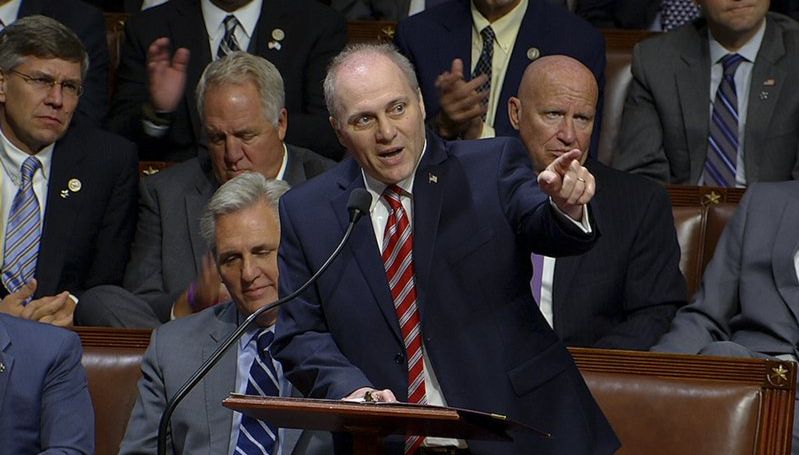
Steve Scalise
The No. 2 Republican in the House, Scalise, R-La., is currently the minority whip and has been elected majority leader in the next Congress.
Scalise has said he supports McCarthy’s bid for speaker but has refused to say whether he might run if McCarthy cannot secure the needed votes.
“No, I’m not going to get into speculation,” Scalise told CNN last week. “Obviously, our focus is on getting it resolved by Jan. 3. And there’s a lot of conversations that everybody has been having, Kevin, surely, with the members who have expressed concerns.”
Part of Republican House leadership since 2014, Scalise could face similar skepticism and the same demands from those who oppose McCarthy.
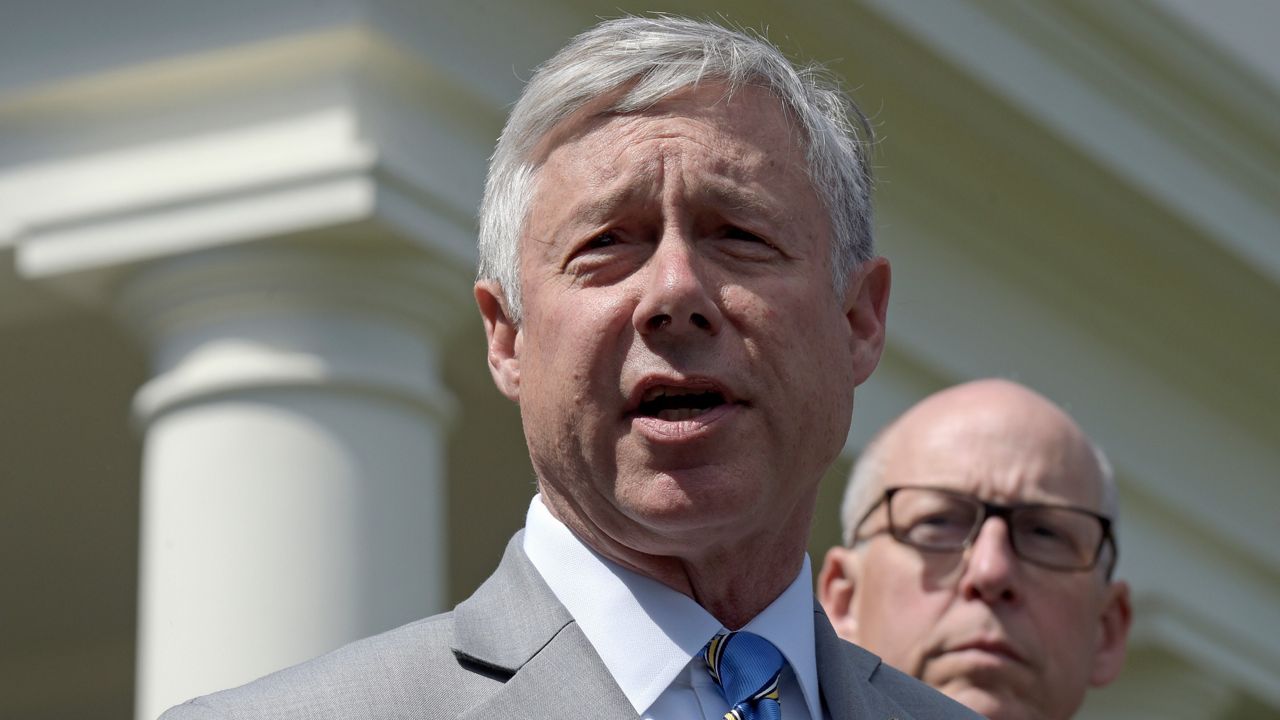
Fred Upton
If McCarthy falls short, it’s possible Republicans could look to push a different candidate over the finish line with support from Democrats. Rep. Don Bacon, R-Neb., has said he’s talked to Democrats about the possibility, but added he’d only consider it if McCarthy drops out of the race or repeatedly fails in floor votes.
To have a chance, such a candidate would have to be a moderate.
Politico reported earlier this month that Republicans have floated Upton’s name to Democrats. Upton, R-Mich., is retiring at the end of this Congress after 36 years in office. House rules do not require the speaker to be a sitting member of Congress.
Upton said in a statement that he is “fully supportive of Kevin McCarthy” becoming the new speaker, but he has yet to definitively rule himself out. He, however, told CNN he’ll be skiing on Jan. 3.
The prospects of Upton leading the House drew a swift rebuke from former President Trump, whom Upton voted to impeach following the Jan. 6, 2021, Capitol insurrection.
“Rep. Fred Upton, a Pro-Impeachment RINO, would be a disaster for anything having to do with the word Republican, but especially when it comes to Speaker of the House,” Trump wrote on Truth Social.
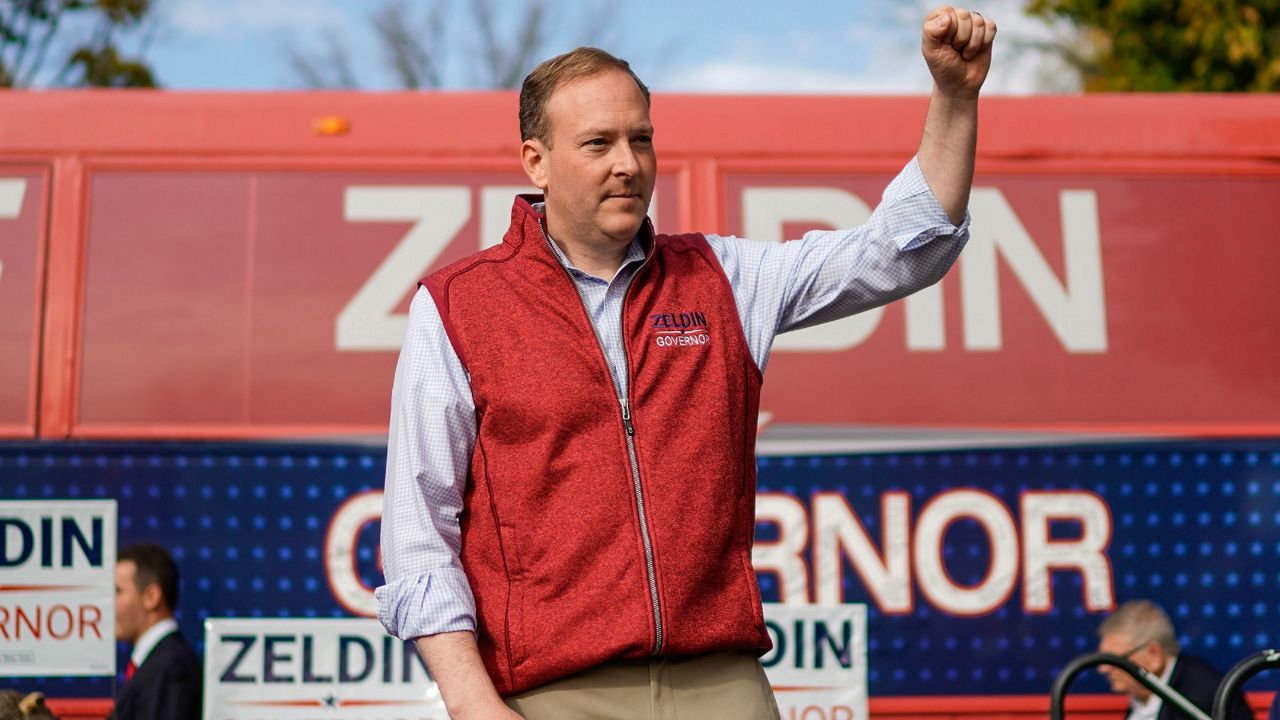
Lee Zeldin
Like Upton, Zeldin, who lost his bid for New York governor in November, is leaving Congress.
Rep. Ben Cline, R-Va., suggested in an interview with the “John Fredericks Radio Show” earlier this month that there might be an appetite for Zeldin, a staunch Trump ally, as speaker.
“We have to ask what’s going to be different, and if it’s not anything substantive, then why should we be voting for Speaker McCarthy?” Cline said.
“This is the Lee Zeldin majority. Because Zeldin has delivered these New York seats for Republicans in Biden districts.”
Rep. Lauren Boebert, R-Colo., also has floated Zeldin’s name as a possible McCarthy alternative in close-door discussions, Politico reported.
Zeldin, however, has indicated he supports McCarthy for speaker.
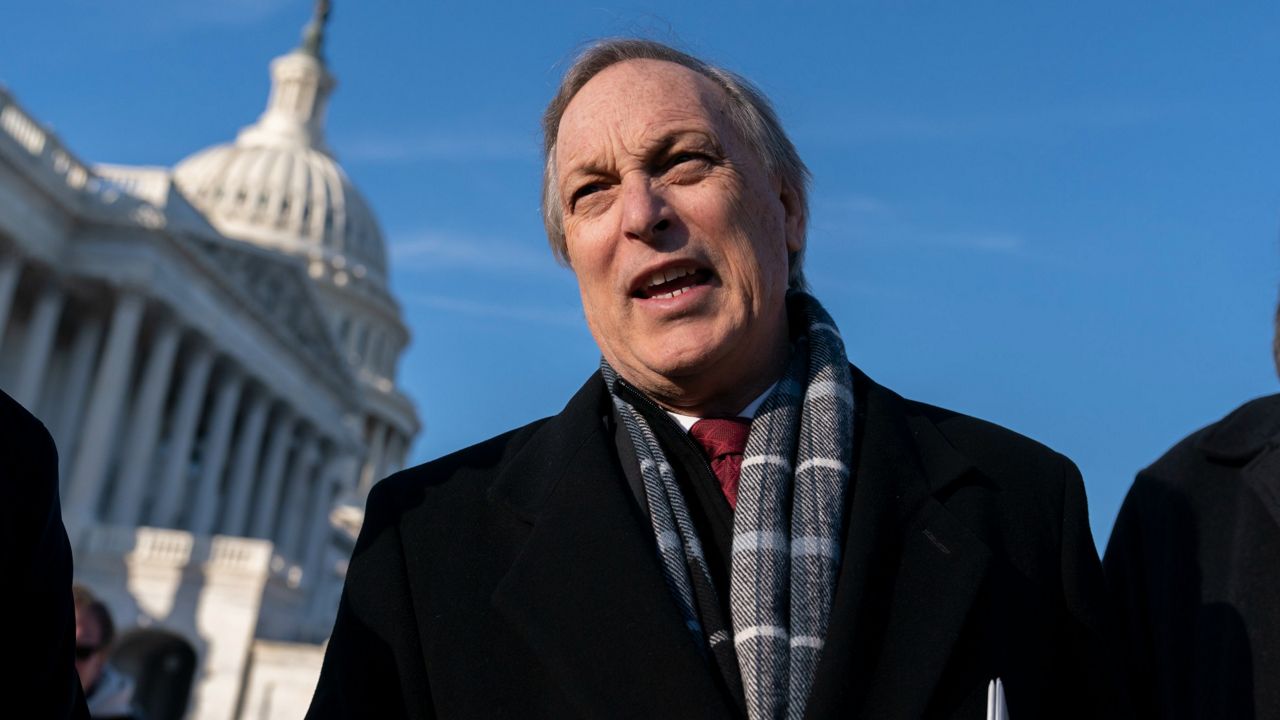 Rep. Andy Biggs, R-Ariz. (AP Photo)
Rep. Andy Biggs, R-Ariz. (AP Photo)

Andy Biggs
Biggs, R-Ariz., has launched a protest bid to defeat McCarthy.
“My disagreements with McCarthy are rooted in my desire for a stronger, better Republican Party, one that prioritizes the needs of our voters, resists the pull of establishment influences, and is unified in both its ideological and political goals,” Biggs wrote in the Washington Examiner. “That’s the kind of party that can set this nation back on the right track.”
However, after losing to McCarthy 188-31 for GOP House leader last month, Biggs faces an uphill battle.
Ryan Chatelain - Digital Media Producer
Ryan Chatelain is a national news digital content producer for Spectrum News and is based in New York City. He has previously covered both news and sports for WFAN Sports Radio, CBS New York, Newsday, amNewYork and The Courier in his home state of Louisiana.




